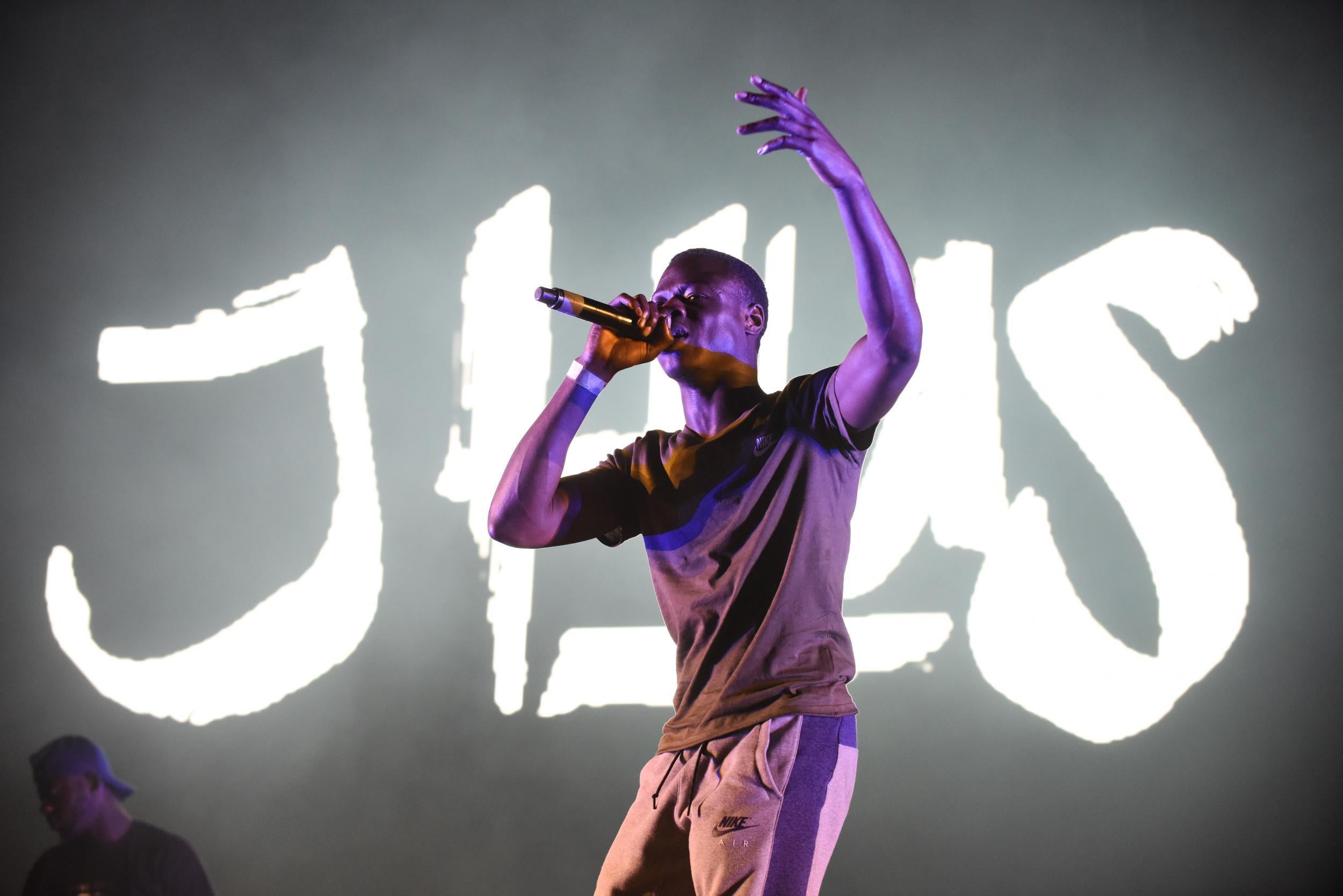Sadiq Khan orders review of Form 696 after claims it discriminates against certain live music scenes
Form 696 is often completed voluntarily by promoters and licensees before hosting live music events

Your support helps us to tell the story
From reproductive rights to climate change to Big Tech, The Independent is on the ground when the story is developing. Whether it's investigating the financials of Elon Musk's pro-Trump PAC or producing our latest documentary, 'The A Word', which shines a light on the American women fighting for reproductive rights, we know how important it is to parse out the facts from the messaging.
At such a critical moment in US history, we need reporters on the ground. Your donation allows us to keep sending journalists to speak to both sides of the story.
The Independent is trusted by Americans across the entire political spectrum. And unlike many other quality news outlets, we choose not to lock Americans out of our reporting and analysis with paywalls. We believe quality journalism should be available to everyone, paid for by those who can afford it.
Your support makes all the difference.The Metropolitan Police will review controversial Form 696, after mounting pressure from critics who say it is used unfairly target grime, garage and bashment artists.
London mayor Sadiq Khan has asked for the form to be re-examined after meeting several DJs, artists and venue owners who raised concerns about its use.
The form, which was first introduced in 2005 as a risk assessment for live music to prevent violence, has long been used to target a disproportionate number of music events by black and Asian artists.
Khan said that the form “shouldn’t compromise the capital’s vibrant grassroots music industry or unfairly target one community or music genre”.
In March this year, Minister for Digital and Culture Matt Hancock, who has been a vocal critic of the form, published an open letter via The Independent to Khan asking him to address the issue.
He said that he was concerned the form is “not only potentially stifling young artists and reducing the diversity of London’s world renowned musical offering, but is also having a negative impact on London’s night time economy by pushing organisers and promoters of urban music events to take them outside of London”.
He noted that grime has “the same significance for today’s young people as punk did in the 1970s, empowering them, creating a new generation of musical heroes and growing to become a worldwide phenomenon”.
Form 696 is often completed voluntarily by promoters and licensees before hosting music events by “DJs and MCs” that use a backing track.
It reads: “Our recommended guidance to music event organisers, management of licensed premises or event promoter on when to complete Form 696 is where you hold an event that is – promoted/advertised to the public at any time before the event, and predominantly features DJs or MCs performing to a recorded backing track, and runs anytime between the hours of 10pm and 4am, and is in a nightclub or a large public house.”
Enjoy unlimited access to 100 million ad-free songs and podcasts with Amazon Music
Sign up now for a 4 month free trial (3 months for non-Prime members)
Enjoy unlimited access to 100 million ad-free songs and podcasts with Amazon Music
Sign up now for a 4 month free trial (3 months for non-Prime members)
Last year rapper Giggs expressed frustration after finding it almost impossible to perform in London.
"They need to work with us. If they think there’s a threat then help us – put some police out there and work with us rather than just shutting us down," he said.
Police have denied accusations that the form racially discriminates against certain acts or audiences and said that no events in 2017 had been cancelled after form 696 submissions.
Yet J Hus, who was nominated for the Mercury prize this year, had to do a UK tour without a London date and performed a sold-out show in Hatfield instead, while Kojo Funds, who has beef with Hus, is said to have had a show at the Borderline cancelled due to police concerns.
In a statement, Khan said: "The safety of Londoners is my number-one priority. It’s vital that live music events can take place safely and that the Met can help venues to lessen the risk of violent behaviour.
"This risk assessment shouldn’t compromise the capital’s vibrant grassroots music industry or unfairly target one community or music genre, which is why the Met is reviewing their Form 696 process, working together with London’s promoters, venues and artists to develop a system that makes sure London’s legendary music scene thrives whilst keeping Londoners safe."
Follow Independent Culture on Facebook for the latest news, features and video
Join our commenting forum
Join thought-provoking conversations, follow other Independent readers and see their replies
Comments